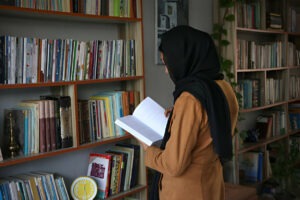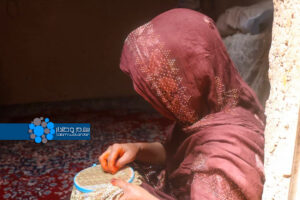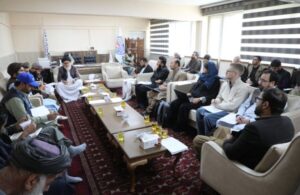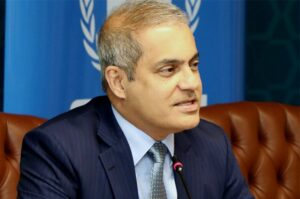KABUL (SW) – Like rest of the world, the year 2020 was mainly marred by the dominating single issue of coronavirus pandemic in Afghanistan as well besides the raging insecurity.
The Covid-19 pandemic first came to Afghanistan via western Herat province bordering Iran in early spring back in February, 2020.
According to the Ministry of Public Health, since the outbreak of the corona virus in the country, over 50,000 people have been infected with the virus and over 2000 people have died from it.
Afghanistan has grown significantly economically in the last 20 years, but its economy is still dependent on foreign aid. The outbreak of the pandemic has affected the world economy, and has undoubtedly affected foreign aid to Afghanistan as well.
Afghanistan was able to attract $ 13 billion in global aid pledges in Geneva in the last quarter of 2020. Although, these aid pledges were at least $ 3 billion less than what was promised at a previous international donors’ conference, it is still deemed pivotal.
On the domestic front, however, the quarantine measures and corresponding limitations caused by the pandemic left its marks on the economy.
- The political arena
The political agreement between President Mohammad Ashraf Ghani and his rival candidate Abdullah Abdullah and the start of long-awaited intra-Afghan peace talks have been among the most important political events in Afghanistan in 2020.
The Independent Election Commission declared President Ghani as the winner of the presidential election held in 2019. It took a number of stressful months and constant international engagement to end the dispute between Ghani and Abdullah and help reach an agreement over the disputed polls.
After several months of bargaining, the two leaders signed a political agreement in the presence of a number of politicians at the presidency. Under the agreement, Abdullah, was named as chairman of the newly established High Council for National Reconciliation. “According to the political agreement, Abdullah Abdullah ranks second in the country in terms of formalities and protocols on matters of national reconciliation,” the presidential palace said in a statement.
- Intra-Afghan Negotiations
Following the signing of the agreement between the United States and Taliban representatives, intra-Afghan peace talks began on September 31 in Doha, the capital of Qatar. The first round of talks lasted weeks, but during those weeks, the negotiating parties only managed to agree on the scope of the talks.
Following that, the government negotiating delegations returned to the country and Taliban representatives visited Pakistan. The next round of these talks is scheduled to begin early in 2021, but it is not yet clear which issues will be discussed in the second round of talks.
Meanwhile, the security situation remains tense across the country with a string of targeted assassinations and bomb blasts.
In the last two months of 2020, Fereshteh Kohestani, a women’s rights activist, Yusuf Rashid, executive director of the Afghanistan Free and Fair Election Foundation, Rahmatullah Nikzad, president of the Ghazni Journalists’ Union, Fardin Amini, Ariana TV presenter, Malala Maiwand, news correspondent in Nangarhar, RFE / RL correspondent Elyaas Dayee, Yama Siavash, former Tolo TV presenter, and Rafiullah Siddiqui, executive director of Khorshid TV were killed.
ENDS






